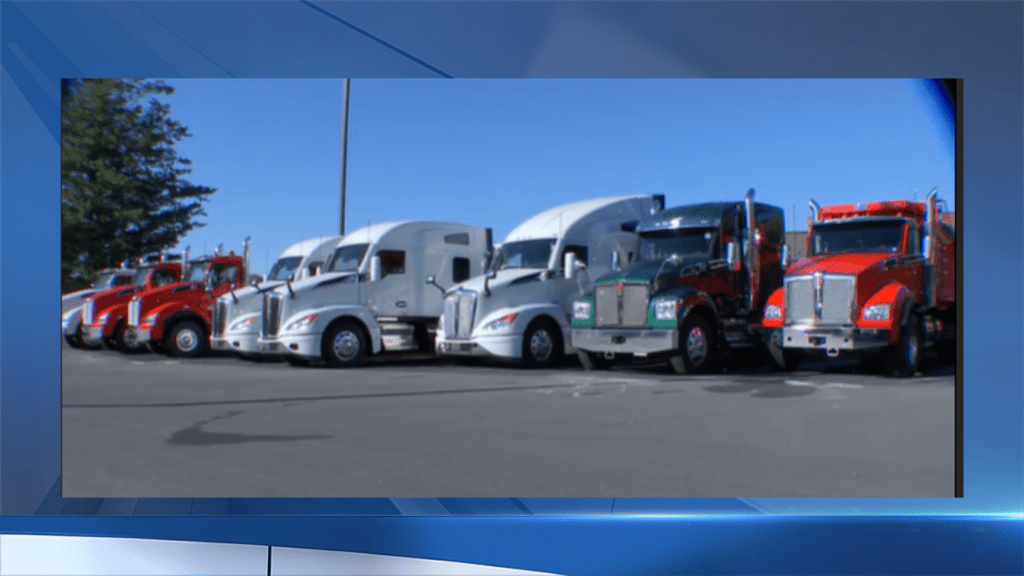Concerns Arise Over New Clean Trucking Regulation
ROCHESTER, N.Y. – Starting in January, truck manufacturers will be required to increase their production of electric semi-trucks. Failure to comply will prevent them from selling traditional diesel models. The issue is that there’s currently little demand for electric trucks.
Advanced Clean Truck Regulations
The Advanced Clean Truck regulations are scheduled to take effect in 2025. Instituted by the Department of Environmental Conservation in 2021, these rules mandate that a portion of new trucks sold in New York must be zero-emission vehicles.
Impact on Truck Dealers
“Depending on the type of truck, between one in every four to eight vehicles has to meet zero-emission standards before dealers can sell diesel trucks,” states Dan Penksa, Vice President of Kenworth Northeast.
Kendra Hems, president of the Trucking Association of New York, emphasizes that the current timeline for compliance with the ACT will jeopardize the viability of dealerships across the state. “This not only threatens the jobs of hundreds of workers nationwide, but it could also severely disrupt the supply chain, escalating costs and hindering the trucking industry’s efficiency in delivering goods to New Yorkers,” she warns.
Challenges with Electric Trucks
While Penksa’s team can sell electric trucks, the market for them is limited due to high costs, insufficient range, and lack of infrastructure. “Currently, an electric tractor trailer can travel approximately 200 miles on a full charge, while diesel models can cover 600 miles in one day,” he explains.
For instance, transporting groceries from Rochester to Albany can be done quickly with a diesel truck. However, an electric truck would only get to Utica before needing to recharge, requiring a lengthy wait during a driver’s limited service hours.
Lack of Charging Infrastructure
Moreover, there is a significant lack of charging stations for heavy-duty trucks. “If there are no charging facilities available, it raises the question of how these trucks will be used effectively. Requesting consumers to invest in trucks without the necessary charging infrastructure is problematic,” Penksa remarks.
State’s Response to Industry Concerns
The state appears to recognize the trucking industry’s apprehensions. Sean Mahar, Interim Commissioner of NYSDEC, states, “We aim to guide the industry in the right direction while maintaining flexibility to adapt to feedback from stakeholders.” Plans are underway to establish a three-year compliance timeline to ease the transition.
“We’re considering extending the compliance deadline to 2029 to provide more leeway for engine manufacturers to meet these requirements,” Mahar adds, anticipating that a more developed charging network will complement this shift.
Official Statement from NYSDEC
The NYSDEC underscores that “New York’s adoption of the Advanced Clean Trucks rule is part of a broader strategy to embrace a cleaner, more efficient transportation future. The state aims to reduce greenhouse emissions and promote the green transportation sector. Alongside offering flexibility for manufacturers, DEC will propose new regulations with adjusted compliance deadlines until March 2029, allowing for a more gradual transition.”
*A.I. assisted with the formatting of this story. Click here to see how WHEC News 10 utilizes A.I.*


